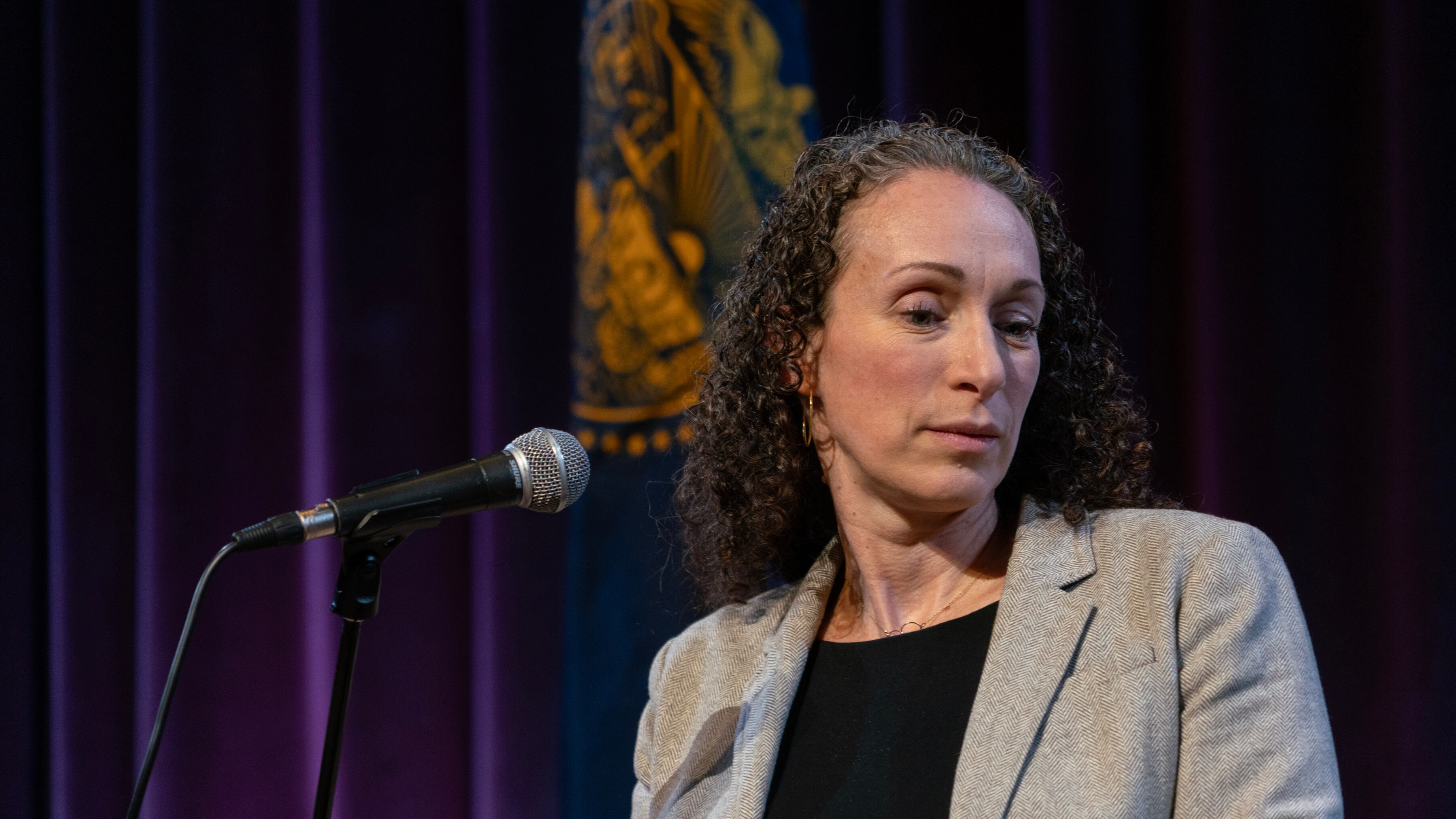The Portland City Council tomorrow must vote on a balanced budget for the city. Though it will not be the final, ratified budget—that vote won’t happen until June 13—what is approved at day’s end tomorrow will be a strong indicator of where the 12-member council is heading with budget priorities.
Getting there will be a marathon. The body will consider more than 120 amendments submitted by councilors.
In recent weeks, councilors have debuted various amendments to Mayor Keith Wilson’s proposed budget, which prioritizes protecting funding for public safety (and increasing it in some cases) while cutting parks maintenance and drastically shrinking the Permitting & Development office workforce.
A handful of hot-button issues have emerged: whether to decrease police funding or increase it; whether to strip Prosper Portland, the city’s economic development agency, of general fund dollars; whether to prevent cuts to parks maintenance by lopping off money from other bureaus; and whether to put the majority of the police and fire bureaus’ overtime budgets into a council-controlled set-aside fund that the bureaus would have to formally request funding from on an as-needed basis.
A list of the amendments the council must wade through and vote on is here. It contains 126 separate amendments from the combined 12 councilors.
Councilor Angelita Morillo submitted the most amendments, with 17. Councilors Tiffany Koyama Lane and Dan Ryan are tied for the least, submitting six each.
In a memo to city councilors, Council President Elana Pirtle-Guiney, who will preside over the marathon meeting, laid out her run of show.
The council will begin by discussing a host of fees Mayor Wilson has proposed increasing in order to prevent steeper cuts to the budget. Those include utilities, park use, and street-sweeping fees. (Wilson whittled down a $65 million general fund gap to $26 million in cuts in his proposed budget, leaning heavily on one-time funds with a plan to increase fees across the city.)
Pirtle-Guiney wrote that the council would discuss those fee ordinances first, but not necessarily vote on them until the rest of the budget discussion takes place.
“We will leave some (but likely not all) of these fee ordinances open without a vote and recess the meeting after we have voted on all other agenda items in case we change fees in our budget work and need to vote on the changes in the fee ordinances,“ Pirtle-Guiney wrote.
After roughly three hours tackling fee ordinances, the council will reconvene as the city’s 12-member budget committee to discuss the 126 amendments proposed. Councilors will first hear public testimony for those amendments, and for the overall proposed budget. Following public testimony, Pirtle-Guiney’s suite of proposed amendments get first crack at approval—a special privilege of serving as council president.
Once the council discusses and votes on Pirtle-Guiney’s amendments, amendments will then be grouped and heard by policy area. Pirtle-Guiney allotted a little over four hours for the more than 100 amendments proposed. She acknowledged that it may not be enough time.
“When the bulk of the amendments in a policy area have been voted on or removed from the table, if we are stuck on a few things that have smaller dollar amounts, I may move us on to the next policy area,” she wrote in the memo to her colleagues. “We will have an opportunity to consider them again on June 11th, but we must get through the things with the largest budget impacts Wednesday, before we send our budget to TSCC,” Multnomah County’s Tax Supervising and Conservation Commission.
At roughly 4 pm, Pirtle-Guiney says the council will gavel back in session for a meeting on Prosper Portland, the city’s economic development agency that’s become a flashpoint in this year’s budget debate.
Following the Prosper meeting, the council will reconvene for its regular council meeting should councilors need to tie up loose ends with the fee ordinances.
Finally, at around 9 pm, Pirtle-Guiney plans to gavel the council back in as the full budget committee if necessary to hash out more amendments. She hopes to wrap up by 11 pm—an aspirational goal.
“[The City Budget Office] has asked us to make every attempt to complete our work by 11 pm. CBO staff (some of whom are represented, and many of whom have spent long hours over the past week/weekend) have an early morning and a very long day on Thursday to implement decisions into the final document for TSCC, as required by law,” Pirtle-Guiney wrote. “This is tight, but remember that we can come back to things after the TSCC review at our June 11 meeting as well.”
Pirtle-Guiney noted that this is unlike any other budget session the Portland City Council, past or present, has ever held.
“Preparation, patience, and flexibility will be what gets us through a marathon meeting session. We are navigating a process that no one has done like this before.”

